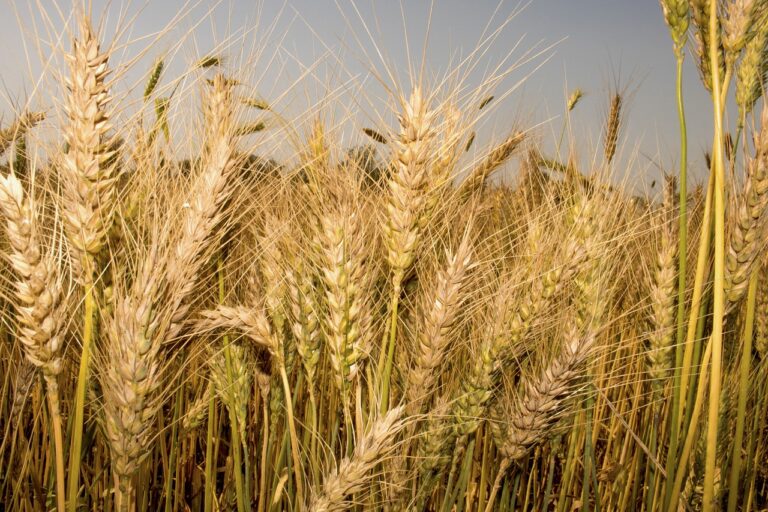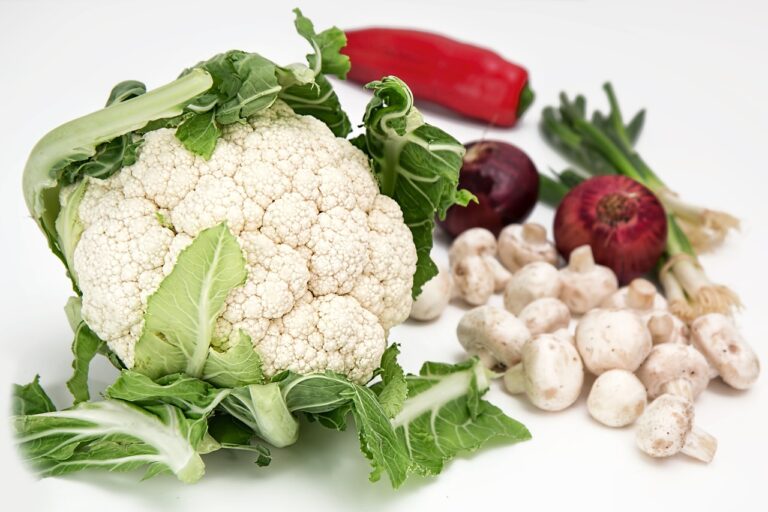The Role of Diet in Managing Lyme Disease
laser 247 new id, lotus365win, sky247 com login password: Lyme disease is a complex and often debilitating condition caused by the bacterium Borrelia burgdorferi. It is transmitted to humans through the bite of infected black-legged ticks. The symptoms of Lyme disease can range from mild to severe and can include fatigue, joint pain, muscle aches, and neurological issues.
Managing Lyme disease can be challenging, but one aspect that is often overlooked is the role of diet in helping to alleviate symptoms and support overall health. In this article, we will explore the importance of diet in managing Lyme disease and provide tips on how to optimize your nutrition to support your body in its fight against this illness.
Balanced Nutrition for Optimal Health
Eating a balanced diet is essential for everyone, but it is especially important for individuals dealing with chronic illnesses like Lyme disease. A diet rich in whole, nutrient-dense foods can help support your immune system, reduce inflammation, and provide the essential vitamins and minerals your body needs to function properly.
Some key elements of a balanced diet for managing Lyme disease include:
– Plenty of fresh fruits and vegetables: These foods are rich in antioxidants, vitamins, and minerals that can help boost your immune system and reduce inflammation. Aim to fill half your plate with fruits and veggies at each meal.
– Healthy fats: Foods rich in omega-3 fatty acids, such as salmon, flaxseeds, and walnuts, can help reduce inflammation in the body. Incorporating these foods into your diet can help support your overall health while managing Lyme disease.
– Lean proteins: Protein is essential for supporting muscle repair and immune function. Include lean sources of protein such as poultry, fish, beans, and tofu in your meals to help support your body’s healing process.
– Whole grains: Opt for whole grains like brown rice, quinoa, and whole wheat bread to provide your body with sustained energy and essential nutrients.
Avoiding Foods that Can Worsen Symptoms
In addition to focusing on nutrient-dense foods, it is also important to avoid foods that can exacerbate symptoms of Lyme disease. Some foods to consider limiting or avoiding include:
– Sugar: Excess sugar can suppress the immune system and promote inflammation in the body. Try to limit your intake of sugary foods and beverages to help support your health while managing Lyme disease.
– Processed foods: Processed foods like packaged snacks and fast food often contain high amounts of unhealthy fats, sugars, and additives that can worsen inflammation in the body. Focus on whole, minimally processed foods for optimal health.
– Gluten and dairy: Some individuals with Lyme disease may experience sensitivities to gluten and dairy. If you suspect these foods may be exacerbating your symptoms, consider eliminating them from your diet to see if it helps.
Incorporating Healing Foods and Supplements
In addition to focusing on a balanced diet and avoiding foods that can worsen symptoms, incorporating healing foods and supplements can further support your body in its fight against Lyme disease. Some foods and supplements to consider include:
– Probiotic-rich foods: Probiotics can help support gut health and immune function. Include probiotic-rich foods like yogurt, kefir, sauerkraut, and kimchi in your diet to help support your overall health.
– Anti-inflammatory herbs and spices: Turmeric, ginger, and garlic are examples of herbs and spices that have anti-inflammatory properties. Adding these ingredients to your meals can help reduce inflammation in the body.
– Vitamin D: Many individuals with chronic illnesses like Lyme disease are deficient in vitamin D. Consider incorporating vitamin D-rich foods like fatty fish, eggs, and fortified dairy products into your diet or supplementing with vitamin D to support your immune system.
FAQs
Q: Can diet alone cure Lyme disease?
A: While diet plays a crucial role in managing Lyme disease and supporting overall health, it is not a cure for the illness. It is essential to work with a healthcare provider to create a comprehensive treatment plan that includes antibiotics, supplements, and lifestyle changes in addition to a healthy diet.
Q: Are there any specific diets that are recommended for individuals with Lyme disease?
A: There is no one-size-fits-all diet for managing Lyme disease, as each individual may have unique nutritional needs and sensitivities. However, focusing on a balanced diet rich in fruits, vegetables, healthy fats, lean proteins, and whole grains can provide a solid foundation for supporting your health while managing Lyme disease.
Q: How can I determine if I have food sensitivities that are impacting my Lyme disease symptoms?
A: If you suspect that certain foods may be exacerbating your Lyme disease symptoms, consider working with a healthcare provider to undergo testing for food sensitivities or keeping a food diary to track your symptoms after eating certain foods. Eliminating potential trigger foods from your diet for a period of time and then reintroducing them can also help identify any sensitivities.
In conclusion, the role of diet in managing Lyme disease is crucial for supporting overall health and alleviating symptoms. By focusing on a balanced diet rich in whole, nutrient-dense foods, avoiding foods that can worsen symptoms, and incorporating healing foods and supplements, you can help support your body’s healing process and improve your quality of life. Remember to work closely with a healthcare provider to create a personalized nutrition plan that meets your unique needs and supports your journey towards wellness.







